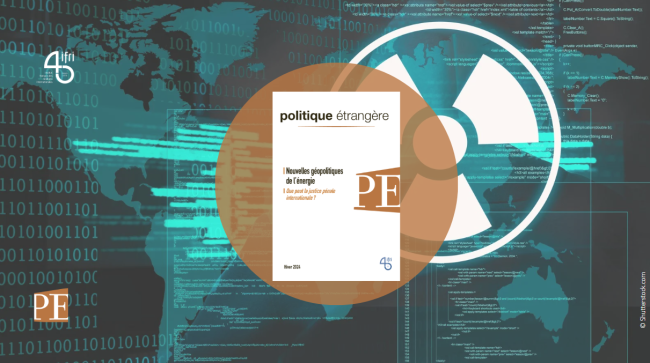Burdensharing in NATO. 3. The German Perception
The North Atlantic Treaty Organization (NATO) is the most successful political-military alliance in modern history. Despite doom prophecies of a superfluous NATO having lost its raison d'être, the Alliance is more active than ever before. The reason for NATO's success as the central element of peace and stability in the Euro-Atlantic region is its fundamental evolution which has taken place over the past ten years.
NATO's adaptation to new realities has almost inevitably touched the question of how to share costs and benefits among the members of the Alliance on both sides of the Atlantic. The question of burdensharing is of particular importance with regard to Germany, since unification has fundamentally changed the size, the domestic setting and the international weight of this country. This has necessitated an essential readjustment of German policies and politics in the field of international relations -a process which has still not come to an end. It also required Germany's allies and neighbors to continuously adapt or correct their judgements and misperceptions on German intentions and strategies.
Notwithstanding Germany's ongoing efforts to demonstrate continuity in the essentials of German foreign policy (i. e. Western orientation, European integration, transatlantic partnership, federalism etc.) there was always some mistrust that the new 'Berlin Republic' might return to old patterns of over-assertiveness or 'Schaukelpolitik' (seesaw policy) between East and West. This in turn had raised the question of whether Germany in future will be ready to contribute a fair share to security and stability in Europe and beyond.
This article takes up the issue of burden-sharing in NATO's post Cold War environment from a German point of view. First, it touches briefly on the history of the burden-sharing debate in NATO to prepare the ground for the description of continuity and change. A second part deals with the present discussion on burden-sharing and gives an assessment of the German contribution to the Atlantic Alliance. A third step is focused on the analysis of some future burden-sharing issues which are likely to create irritations and frictions between Germany and the United States, and in general between Europe and America, in the coming years.
Karl Heinz Kamp is Head of the Foreign and Security Policy Research Section at the Konrad Adenauer Stiftung.
Transatlantic Series:
The "Transatlantic Series" proposes concise analyses in English or in French on main Transatlantic debates and political issues in both the United States and Europe. It benefits from the support of the German Marshall Fund of the United States.

Available in:
Regions and themes
ISBN / ISSN
Share
Download the full analysis
This page contains only a summary of our work. If you would like to have access to all the information from our research on the subject, you can download the full version in PDF format.
Burdensharing in NATO. 3. The German Perception
Related centers and programs
Discover our other research centers and programsFind out more
Discover all our analyses
RAMSES 2024. A World to Be Remade
For its 42nd edition, RAMSES 2024 identifies three major challenges for 2024.
A Transatlantic Defense Industrial Base? Two Contrasting Views
The evolving landscape of global defense cooperation has brought the transatlantic relationship between the United States (US) and Europe into sharp focus. As geopolitical tensions rise and the threat environment becomes more complex, the question of how Europe can best ensure its security while navigating its relationship with the United States has become paramount. This double feature report offers two contrasting views on the dynamics of US-Europe defense industrial relations, highlighting the challenges and opportunities that lie ahead for both parties.
Deep Precision Strikes: A New Tool for Strategic Competition?
Reaching deep into the enemy’s system to weaken it and facilitate the achievement of operational or strategic objectives is a key goal for armed forces. What capabilities are required to conduct deep strikes in the dual context of high-intensity conflict and strengthened enemy defenses?
From Cuba to Ukraine: Strategic Signaling and Nuclear Deterrence
Strategic signaling—the range of signs and maneuvers intended, in peace time, to lend credibility to any threat to use nuclear weapons—is back.










